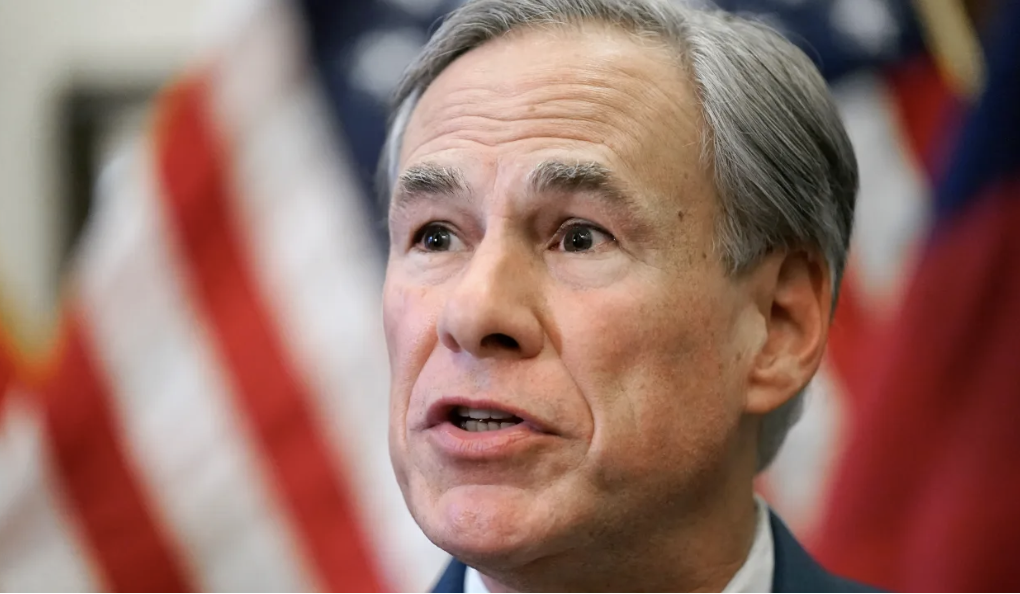By: John Fund – nationalreview.com – March 3, 2024
San Antonio — It’s not unusual for politicians who force kids into public schools by opposing school choice to expect the teachers’ unions and school administrators to return the favor come election time. But it’s usually Democrats who do it!
In Texas, the renegade state house Republicans who last year blocked Governor Greg Abbott’s plan to make private-school scholarships available to kids in failing schools are getting desperate.
For instance, state representative Travis Clardy of Nacogdoches is begging school administrators to provide staff to work for his campaign:
And state representative Hugh Shine of Bell County is mailing campaign literature to school administrators, begging them to turn their staff out to vote in the Republican primary (voters can vote in the party primary of their choice):
In Texas, it is illegal for school districts to use their resources to intervene in their elections, and the state attorney general Ken Paxton has already sued one school district for electioneering.
These desperate attempts to cozy up to the education establishment come as Governor Abbott has launched a $6 million effort to topple some of the 21 house Republicans who voted last November to strip a school-choice provision from an education bill, in pursuit of a different education-policy outcome in the 2025 legislative session.
Abbott is backing ten challengers to Republican house incumbents. One of the most bitter contests is in a stretch of wealthy suburbs near the San Antonio Airport, where school-choice opponent Steve Allison is the incumbent. Abbott has spent some $700,000 backing Marc LaHood in the primary.
Allison has fought back, claiming that he and Governor Abbott disagree on only two things: “vouchers and my liberal Democrat opponent.” It’s true that LaHood was once a Democrat, but he’s currently endorsed by the GOP governor, both of Texas’s Republican U.S. senators, and Attorney General Ken Paxton. That lineup dwarfs the scope of Allison’s Republican support.
Brandon Rottinghaus, a University of Houston political-science professor, says the stakes in Tuesday’s primaries are huge for Abbott. “If he’s successful at getting more than half these incumbents unseated, he’ll be one of the more powerful governors in Texas political history,” Rottinghaus told the Austin-American Statesman.
Allison, Shine, and Clardy are all from rural house districts. Such members have traditionally argued that there are no effective private-school choices available to their constituents, who ostensibly remain happy with their local schools. But, in fact, in several of the eleven states that have universally accessible school-choice programs, it’s been shown that private schools serving the specific needs of parents tend to emerge when a revenue stream controlled by parents opens up. In addition, the education savings accounts backed by Abbott could be used for homeschooling, tutoring, counseling, books, and other legitimate educational expenses.
Rural Republicans also argue that their schools will somehow suffer if dollars flow to parents rather than to the bureaucracy. But Abbott has also supported billions of dollars in increased payments to local public schools. Alexander William Salter, an economics professor at Texas Tech University in Lubbock, says that these Republicans’ contradictory argument is best explained by the fact that public schools are usually the largest employer and source of political patronage in rural areas. “Teachers unions, education bureaucrats and others are worried it will diminish their government-granted privileges,” he wrote in the Hill. “That’s not a good enough reason for Republican representatives to act against their party and their constituents. Yet act against them they do — often while taking campaign contributions from teachers unions and sending their own kids to private school.”
Indeed, opposition to school choice is now a minority viewpoint in Texas. Only 37 percent of Texans think the existing system delivers satisfactory results. More than two-thirds of parents support education savings accounts. In 2022, over 88 percent of voters in the GOP primary voted for a nonbinding proposal favoring“comprehensive school choice.”
Texas is the second–most populous state in the country. Should Governor Abbott succeed in beating school-choice opponents at the ballot box, it would represent a political earthquake that could shake loose similar proposals bottled up in Georgia and Idaho and change the political equation for states nationwide.
To see this article in its entirety and to subscribe to others like it, please choose to read more.
 Listen Online
Listen Online Watch Online
Watch Online Find a Station in Your Area
Find a Station in Your Area









 Listen Now
Listen Now Watch Online
Watch Online
